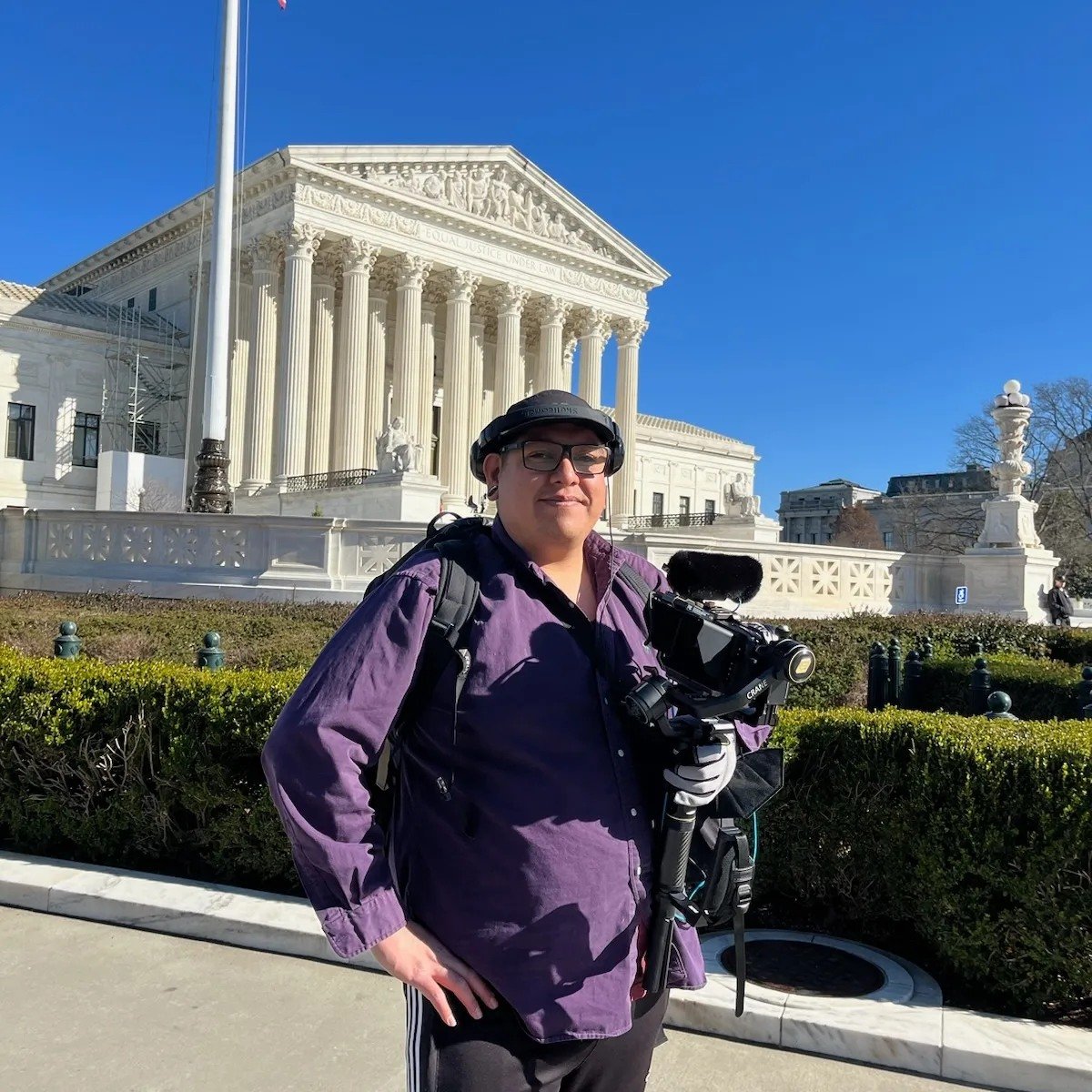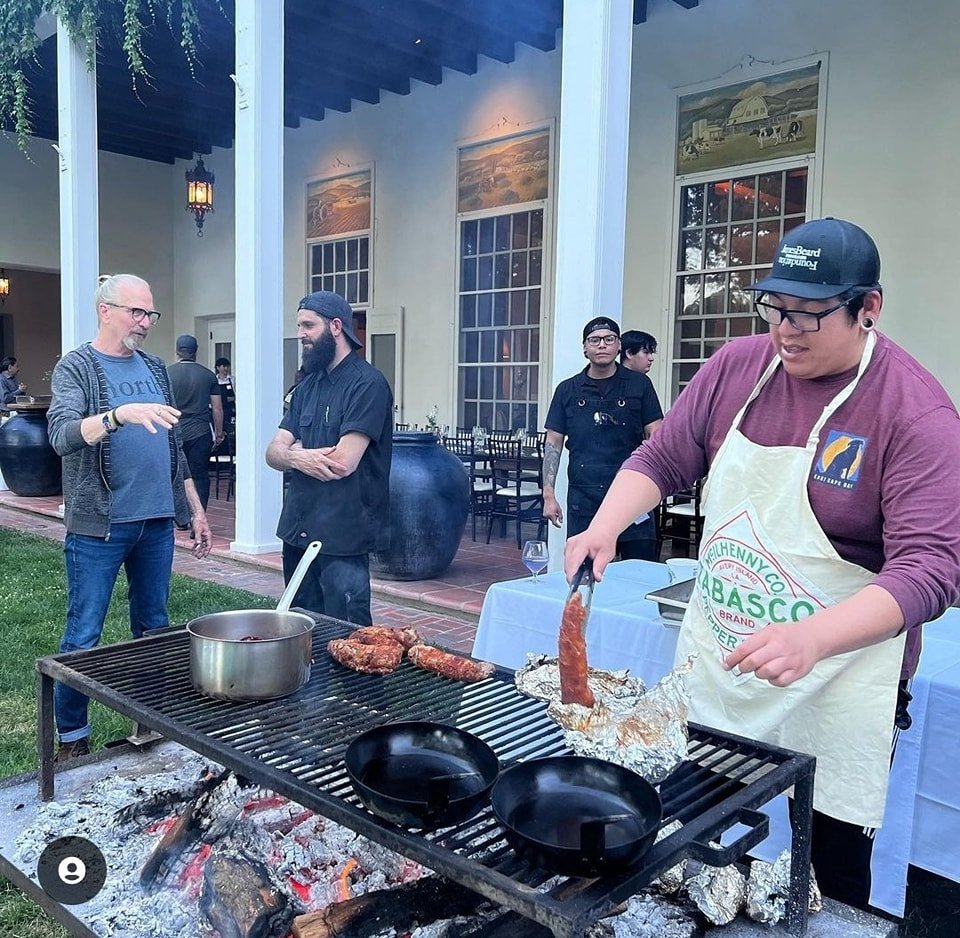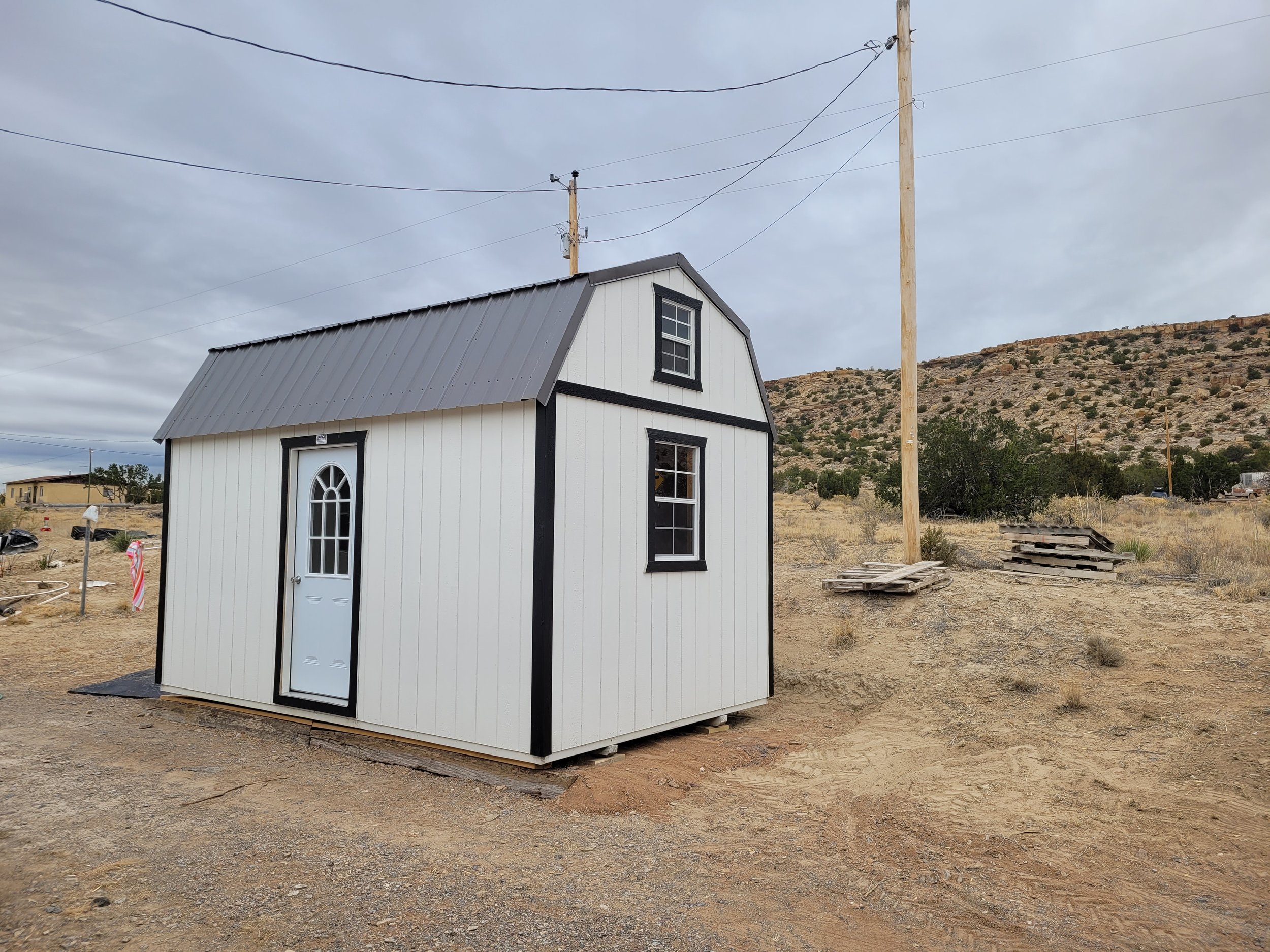We proudly support Indigenous endeavors that foster positive change within our communities. We're thrilled to highlight a project that holds special significance: Geoff Kie Productions in Laguna Pueblo.
Team
Geoff Kie
Geoff Kie
Site
Kie’s Pies, Pueblo of Laguna, NM
Installation
Spring/Summer 2024






Geoff Kie, a Laguna Pueblo Chef and advocate for indigenous food sovereignty and media representation, is leading the effort to establish an innovative center for culinary creativity and digital storytelling via a newly constructed shed on his family's land in Laguna Pueblo. Chef Kie envisions a Hub that will serve as both a kitchen for Kie's Pies, providing delicious pizzas to the community and neighboring areas, and a production studio for diverse, Indigenous led media projects.
Multifunctional hubs are particularly well-suited to address the unique challenges faced by indigenous communities whose lands are held in federal trust. Here's why:
1.
Regulatory Complexity and Costs: The process for securing land access and construction permits on federal tribal trust lands involves navigating a labyrinth of regulations across various agencies, notably the Bureau of Indian Affairs (BIA). This complexity not only makes the process time-consuming but also significantly increases the costs associated with legal fees, consultations, and compliance with regulatory standards. The intricate approval process can deter investment and development due to its duration and expense.
2.
Limited Economic Development Opportunities: The land held in trust for tribes, constituting about 56 million acres across the United States, is managed under strict federal oversight. This arrangement, while protecting the land from sale or lease without tribal consent, can also limit the tribes' ability to leverage their lands for economic development. The necessity for federal approval for most land use decisions adds layers of bureaucracy that can delay or deter potential development projects, impacting the economic opportunities available to tribal communities.

